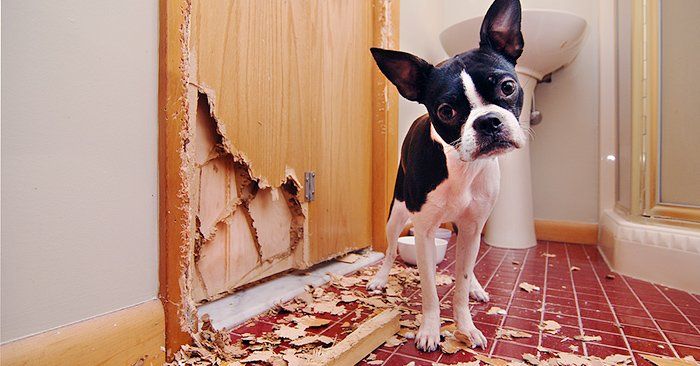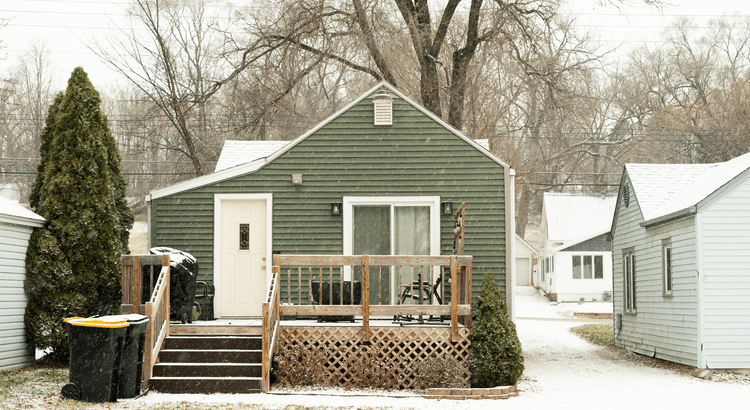If You Have a Pet, Prepare to Pay More for Rent, or Consider Buying Your Own Place

Pets are part of the family; many people even consider them their children. And like children, they come with costs that you’ll have to deal with, like:
- Food
- Grooming
- A walker or pet sitter
- Unexpected vet bills
But higher rent isn’t something you’d have to expect if you had an actual child. Sure, it may cost you more to rent a place that has enough room for the amount of children you have, but no landlord is going to tack on an extra monthly fee or deposit for every kid you have.
However, there’s a good chance that a pet will cost you more in monthly rent and require that you give the landlord an additional deposit (perhaps even non-refundable) to cover any damage they may do while you live there. This isn’t a new thing by any means, but according to this Market Watch article, it’s something that’s giving pet-owning renters more stress lately, considering how much rents have been increasing.
Even finding a place that allows pets can be more difficult in the best of times, but with a shortage of available rentals, it’s even tougher to find a rental that allows them. So, like it or not, if the landlord wants more money because you have a pet, it’s hard to argue or negotiate.
It might feel unfair since this practice presumes your pet will do damage. But what if it doesn’t? What if you have the best behaved pet in the world? Or what if you have a smaller pet? Why should you have to pay as much as somebody whose pet is like a bull in a china shop?
Well, you can’t entirely look at landlords like they’re evil, money-hungry people looking to milk you for more money. They’re taking increased risk, and have reasons for doing so. This article cited a few of them, such as:
- 64% of landlords surveyed said they had property damaged by a tenant’s pet.
- There’s increased liability, which could result in lawsuits or higher insurance rates.
- They typically need to do more cleaning and repairs before renting it out to the next tenant.
So if you have a pet, you have to at least understand why the landlord would have concerns and would want protection from having to cover additional costs.
That being said, everything is at least potentially negotiable. So you can always try and plead your case, and ask the landlord to reduce (or even waive) any additional fees or deposits. You’re more likely to be successful with pets that are unlikely to cause damage, like fish or a reptile that stays in a tank.
But the ultimate solution is to buy your own house if possible. Considering the extra cost of renting as a pet owner, it may even be more economical to buy your own place. You might even look into buying a duplex or multi-family house and become a pet-friendly landlord yourself. Think about it: you can get higher rents than a landlord who doesn’t allow pets, and live in one of the units with as many pets as you want!
Otherwise, just keep your eyes peeled for pet-friendly rentals, and when you find one that allows your pet and has reasonable fees, jump on it and sign that lease before someone else scoops it up!
The Takeaway:
Renters have been facing higher rents and a lot of competition for the number of rentals available on the market in general. But when you add a pet into the mix, it not only makes it more difficult to find a place to rent, it increases the amount it costs on a monthly basis (as well as a larger security deposit).
You can always try to negotiate with a landlord, but if it’s hard to find a place that allows pets, you may just have to agree to their terms. Ultimately, the best solution is to buy a place of your own if possible. Buying a duplex or multi-family house that you can live in and rent out the other units to other pet owners may be an even smarter idea that can save you even more money.
Share this post




